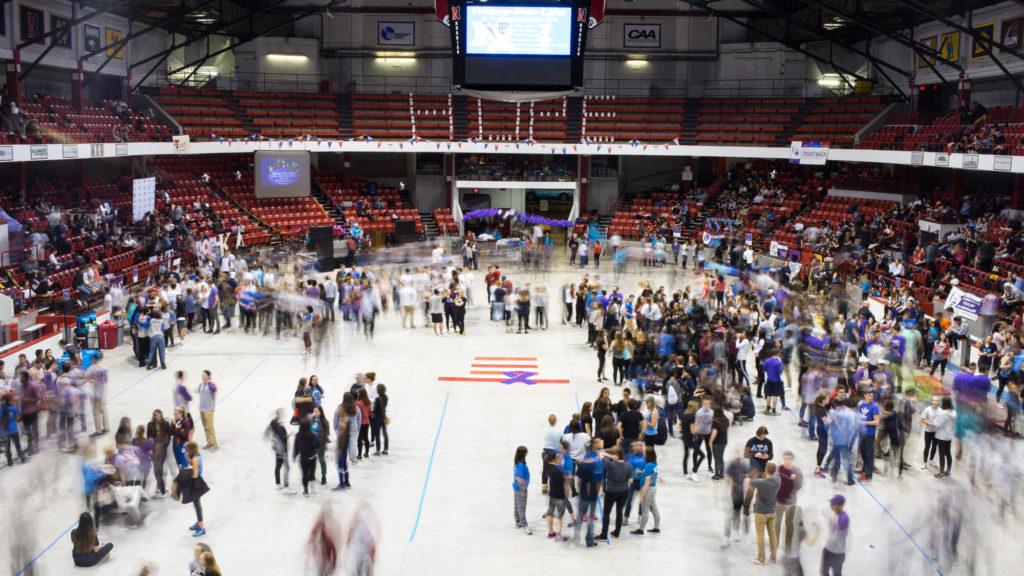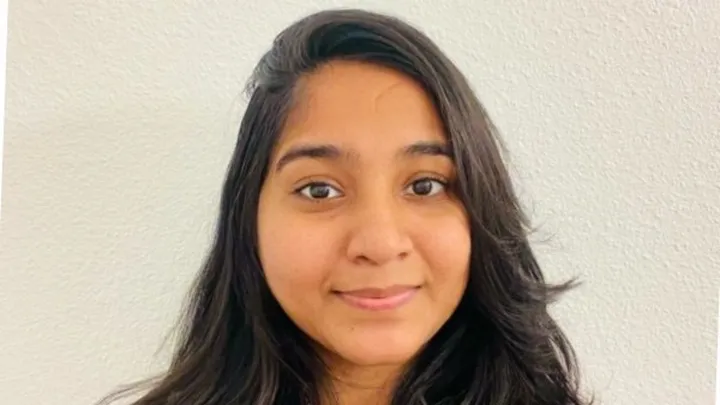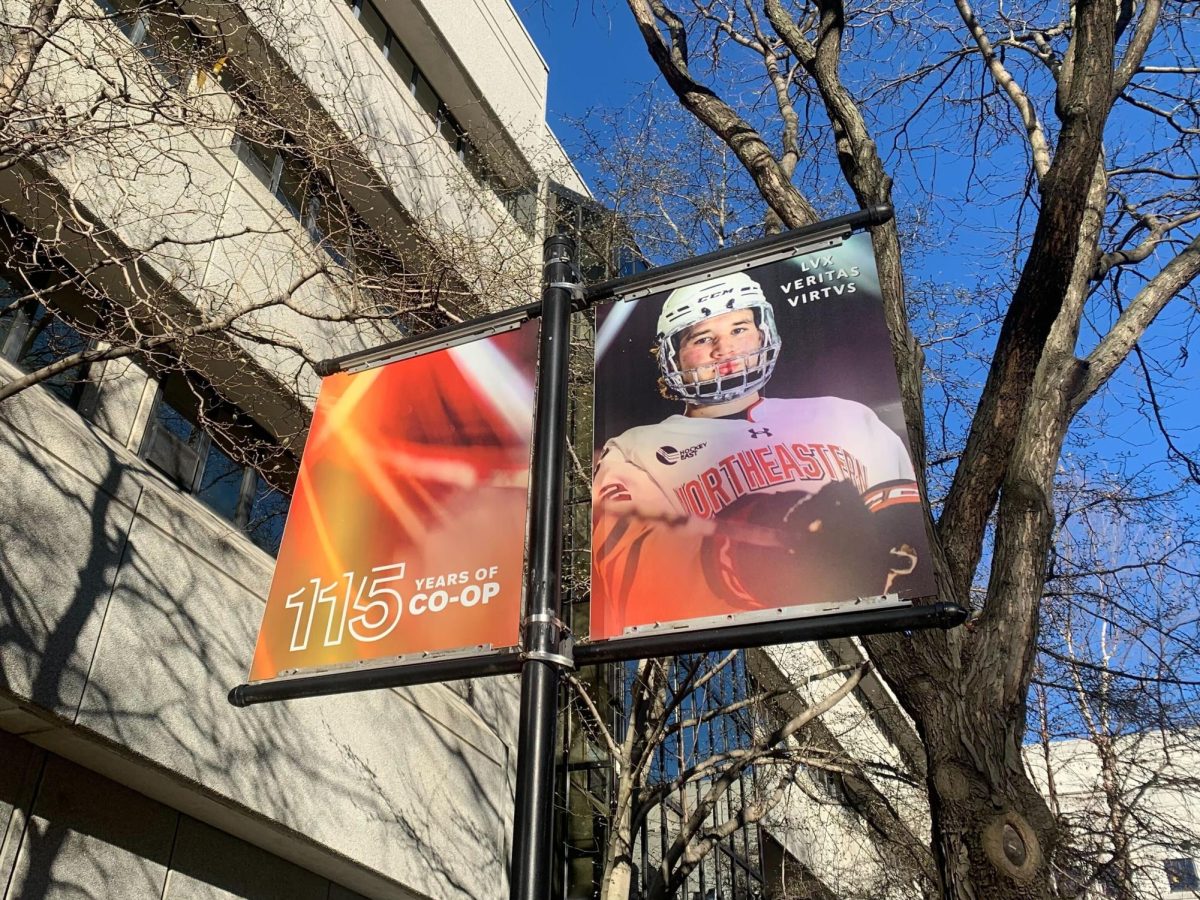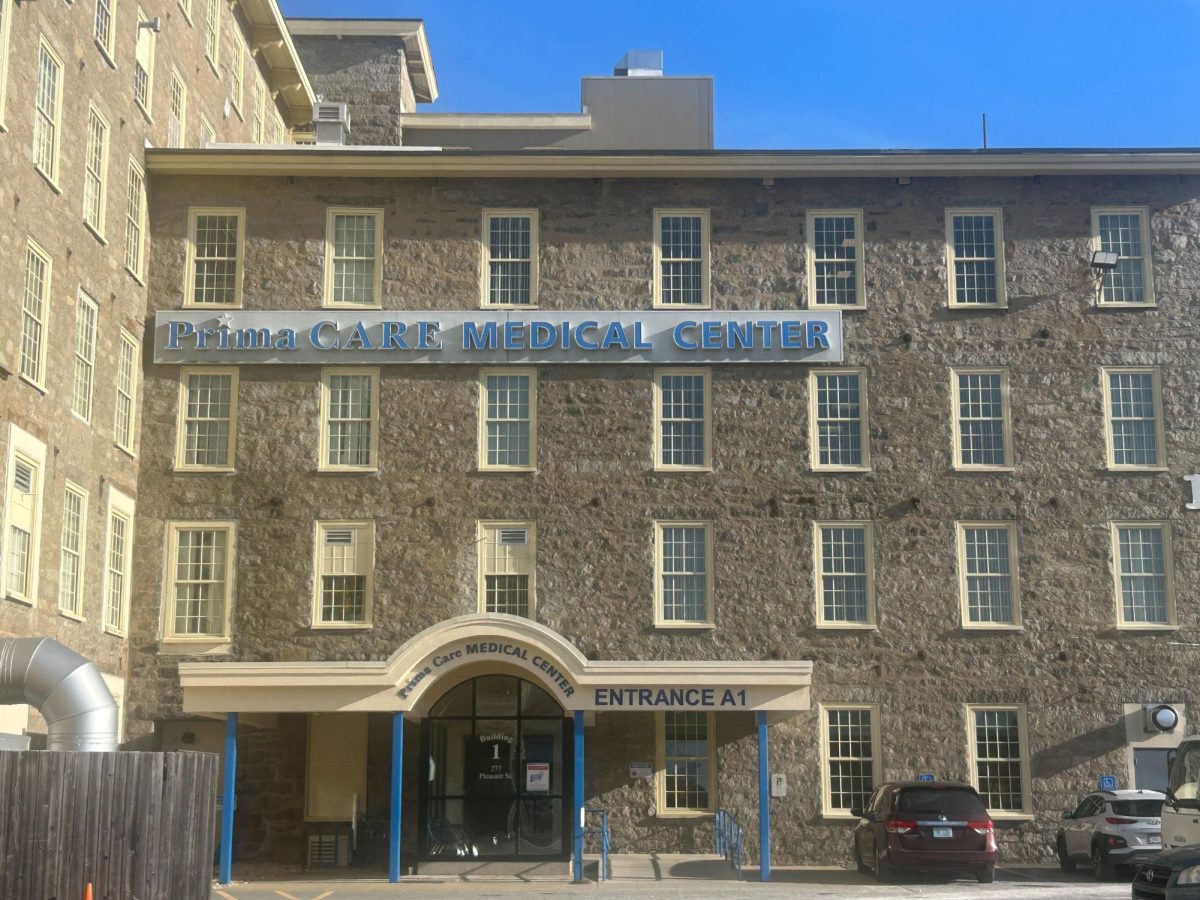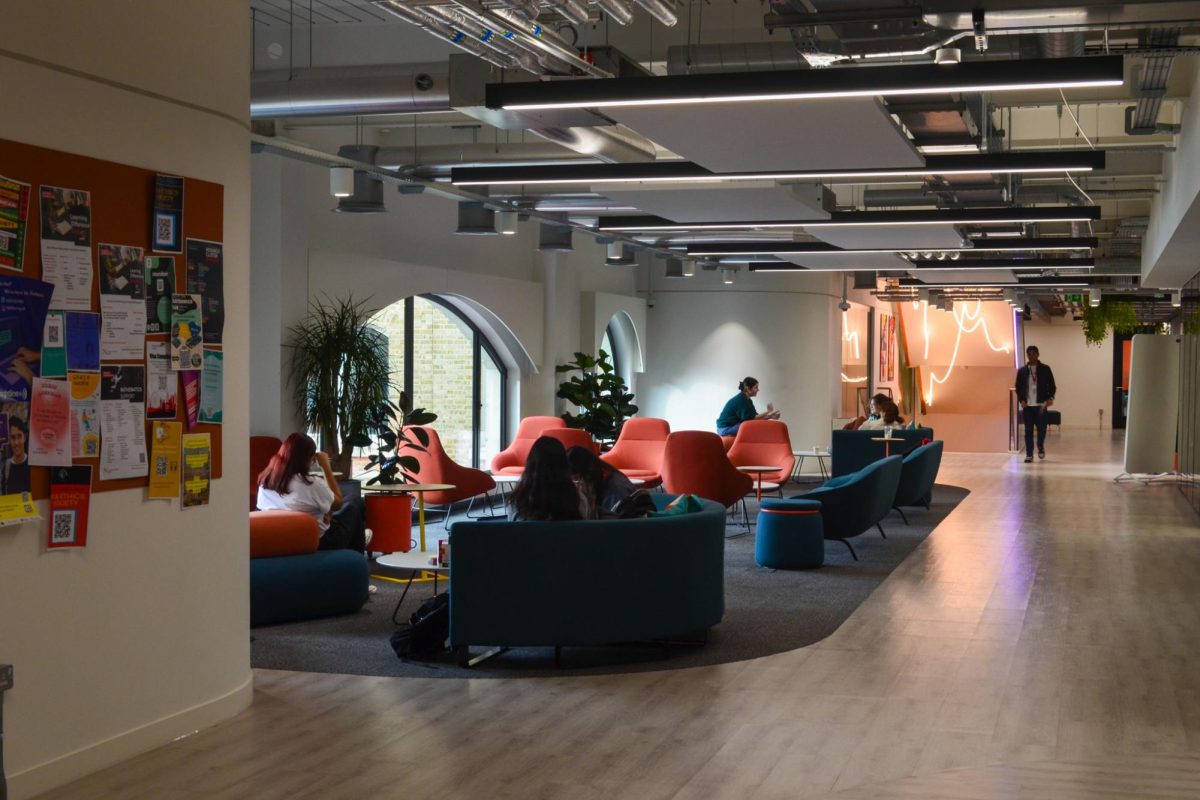By Jenna Ciccotelli and Maggie Dolan, news staff
As a child, Carly Zogg loved to wrestle with her mother, until her father warned her she had to be more gentle – her mother was diagnosed with breast cancer, a concept that was intangible to her at 5 years old.
“It’s a whole different perspective when you’re younger as a kid, because now I know what cancer is and I understand what the disease is,” said Zogg, now a freshman at Northeastern with an undeclared major. “But when you’re 5 years old, you just know someone is sick.”
Two years after the diagnosis, Zogg’s mother’s disease spread to her brain and she died. Since middle school, Zogg has walked in the Relay for Life, helping raise money and awareness so that children in the future do not lose their parents to the disease.
Northeastern hosted its seventh annual Relay for Life last weekend, raising $260,656.89 for the American Cancer Society. Volunteers from Northeastern’s chapter of Colleges Against Cancer said more than 3,000 participants joined together to “celebrate, remember and fight back” in Matthews Arena, beginning at 6 p.m. on Friday and continuing for 12 hours. Kappa Kappa Gamma raised more money than any other team, donating more than $20,000 over the life of the affair.
The event, which was Dr. Seuss themed this year, drew participants from various university organizations and other colleges across the city.
Hannah Parlman, a freshman mathematics and secondary education major at Simmons College, attended the event with her mother and godmother, Patty Wayrynen, who is an ovarian cancer survivor. The trio were members of “Win’s Team,” walking in honor of Parlman’s grandmother, who died from breast cancer.
“To see her go through that process was very hard,” said Parlman, who was in fifth grade at the time of her grandmother’s death.
Though both Zogg and Parlman were young when they lost loved ones to cancer, they understood they needed to fight back against the horrible disease.
“I found one of my old Relay shirts and it’s a very, very small shirt,” Parlman laughed. “So I’ve been Relaying for many years.”
Zogg participated in her first Relay event when she was in seventh grade.
“I was on a team in seventh and eighth grade, then freshman year,” she said. “Sophomore year, I got a lot more involved and I joined a club and worked Relay instead.”
One of Relay’s signature events, the Luminaria Ceremony, took place at midnight, when candles were lit around the center of the floor and the crowd sat inside the circle to watch a slideshow of photographs of cancer victims and fighters. Relayers then cracked glow-sticks in honor of the people they were participating in memory of and walked a lap of silence.
“Once we get to the Luminaria Ceremony, that’s my favorite part,” Zogg said. “You come here and it’s a fun event, but then the Luminaria happen and you’re like, ‘Oh, this is why we’re doing this. This is why we’re here.’”
Wayrynen participated in Relay events before her diagnosis and said the event took on new meaning after she battled cancer.
“I was involved with Relay for many years and I took care of the survivors, and then when I became one, that was very difficult,” she said. “I got a lot of support. There’s nothing else you can do; you just go to go through it.”
The opening speaker of this year’s Relay for Life was Dave deBronkart, a cancer survivor, advocate, activist and writer.
He told the walkers how new technology, such as the clinical trial he participated in, and the blog he wrote while undergoing treatment helped him and his family through his years of fighting cancer.
“I had pictured my mother’s face watching me dying, but here we are laughing on the day I got to walk my daughter down the aisle,” deBronkart said, while the screen behind him showed photos from his daughter’s wedding day.
Megan Cavanaugh, who graduated from Northeastern in 2016, said participating in Relay for Life events inspired her to pursue a career in cancer research at Dana-Farber Cancer Institute in Boston. When Cavanaugh was young, her grandmother died of cancer.
“I was too young to really understand, but as I got older, I realized how much that affected [my family],” she said.
Cavanaugh first participated in Relay for Life with her mother when she was in middle school. She said she loved being surrounded by the uplifting community it brings together.
“[Relay] was a really eye-opening experience because I saw just how many other people were going through the same thing that I was going through but at a later period in their life,” she said.
Alex Grun, a third-year business administration major, walked with his fraternity, Alpha Epsilon Pi. He has participated in Relay in the past, but his experience this year was different. This past winter, a close friend of his from Northeastern was diagnosed. He realized then how important Relay was to everyone around him whose families had been affected.
“[That] kind of summed up what I’d been preaching the entire time: That it can affect anybody, anywhere, at any time,” Grun said. “And so now I Relay for her.”
Most participants at Relay for Life know someone who has suffered from cancer, and the event, organizers said, is held to work toward “more birthdays” and a cure for the disease.
“It’s worth living for, it’s worth fighting for, it’s worth walking for,” deBronkart said.


